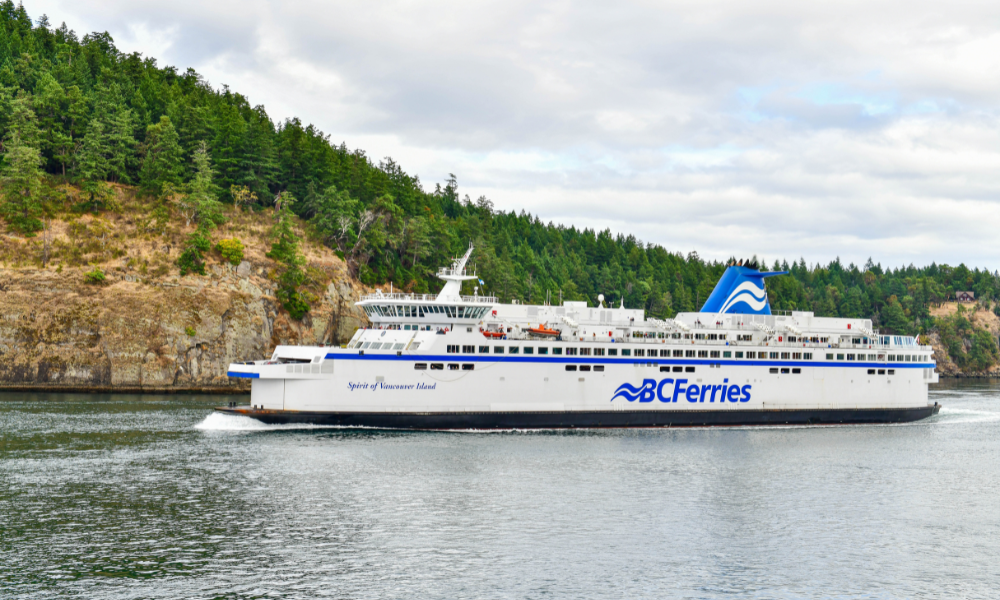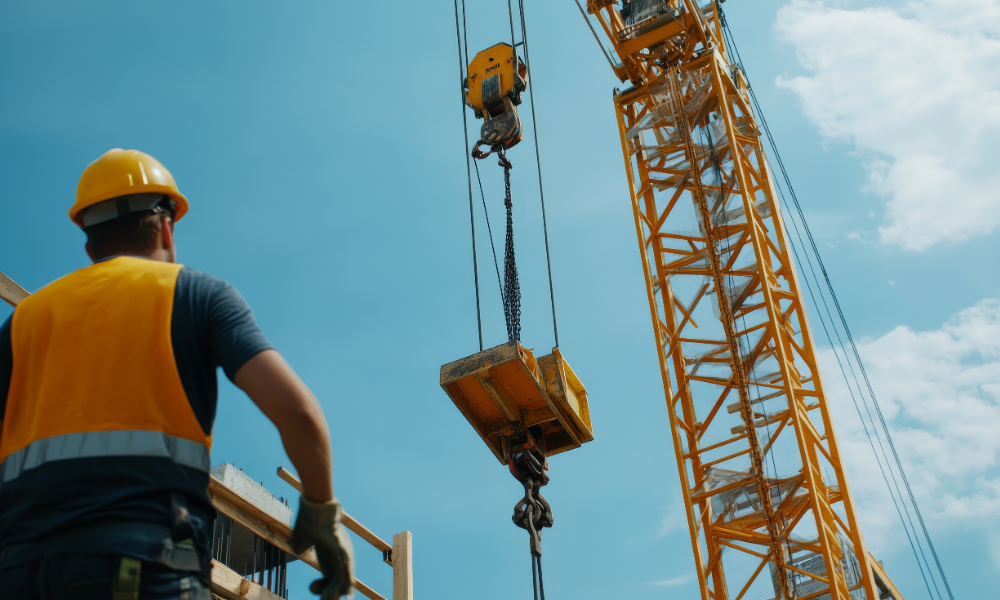Seventeen companies involved in mineral exploration and development in Northern Canada have joined together to form the Northern Mine Safety Forum. The group was established in the summer of 2013 and members meet once per month to share best practices and work collectively on common health and safety challenges.
“Safety is everybody’s responsibility and what these forums do is spread the word around,” said Dave Grundy, president and CEO of the Workers’ Safety and Compensation Commission (WSCC) in Yellowknife. “It really does move the safety messages across the Northwest Territories and Nunavut in a cohesive way, so if one mine is saying it, the other mine is saying it the same way.”
Participating companies cover a wide range of mining operations, including De Beers, Diavik Diamond Mine, Sabina Gold and Silver, and Baffinland.
The group regularly invites subject matter experts to its monthly meetings. For example, the forum recently hosted a guest speaker who discussed helicopter safety.
“It’s a part of our business that we all deal with,” said Chris Reeves, general manager of Canadian Zinc, who started the forum. “The forum created a one-stop avenue where a company can come and give us information and details and statistics on how to be better aware… and the dialogue we have amongst ourselves and the presenter is fantastic and it’s focused to the North.”
One benefit of the forum is participants are getting to know each other and are becoming comfortable reaching out if they have any questions. For example, one member was grappling with the issue of whether or not to allow e-cigarettes in the workplace, so he sent an email to various members of the forum.
“(He) was just trying to get other projects’ perspective on this… and it gave us the opportunity to have a way of approaching these kinds of issues ourselves,” said Reeves.
Another group member had already done extensive research on the issue, which he shared with the group. In the end, they decided the best practice right now was to not allow e-cigarettes in the workplace.
“Think about that as an industry where we have the same policy for something and the same explanation for it — and we can do that,” said Reeves.
The ability to share best practices and come up with industry-wide solutions for a variety of problems benefits all participants — especially the smaller employers, said Grundy.
“If mine A is a small mine and mine B is a big mine, mine B has it all, so mine A doesn’t have to reinvent the wheel because it’s already there — they just have to ask for it.”
“Safety is everybody’s responsibility and what these forums do is spread the word around,” said Dave Grundy, president and CEO of the Workers’ Safety and Compensation Commission (WSCC) in Yellowknife. “It really does move the safety messages across the Northwest Territories and Nunavut in a cohesive way, so if one mine is saying it, the other mine is saying it the same way.”
Participating companies cover a wide range of mining operations, including De Beers, Diavik Diamond Mine, Sabina Gold and Silver, and Baffinland.
The group regularly invites subject matter experts to its monthly meetings. For example, the forum recently hosted a guest speaker who discussed helicopter safety.
“It’s a part of our business that we all deal with,” said Chris Reeves, general manager of Canadian Zinc, who started the forum. “The forum created a one-stop avenue where a company can come and give us information and details and statistics on how to be better aware… and the dialogue we have amongst ourselves and the presenter is fantastic and it’s focused to the North.”
One benefit of the forum is participants are getting to know each other and are becoming comfortable reaching out if they have any questions. For example, one member was grappling with the issue of whether or not to allow e-cigarettes in the workplace, so he sent an email to various members of the forum.
“(He) was just trying to get other projects’ perspective on this… and it gave us the opportunity to have a way of approaching these kinds of issues ourselves,” said Reeves.
Another group member had already done extensive research on the issue, which he shared with the group. In the end, they decided the best practice right now was to not allow e-cigarettes in the workplace.
“Think about that as an industry where we have the same policy for something and the same explanation for it — and we can do that,” said Reeves.
The ability to share best practices and come up with industry-wide solutions for a variety of problems benefits all participants — especially the smaller employers, said Grundy.
“If mine A is a small mine and mine B is a big mine, mine B has it all, so mine A doesn’t have to reinvent the wheel because it’s already there — they just have to ask for it.”





